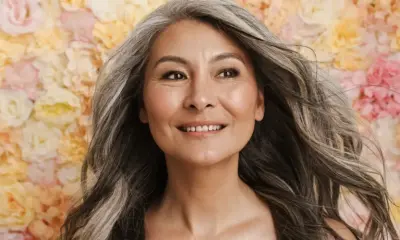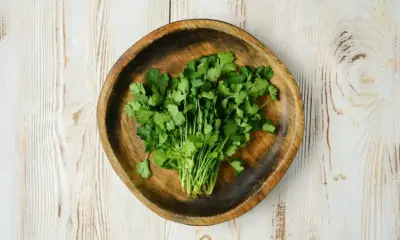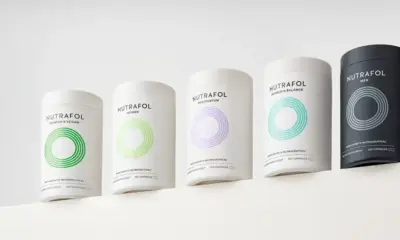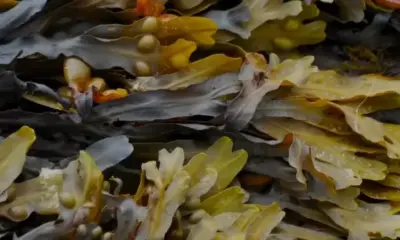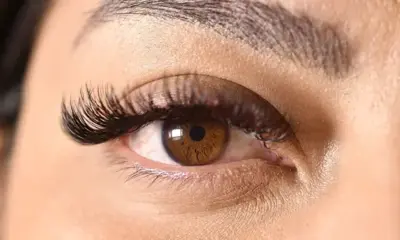Research & Trends
A common ingredient in energy drinks might be the secret to the ‘fountain of youth’
Taurine supplements may slow the aging process in mice and monkeys.
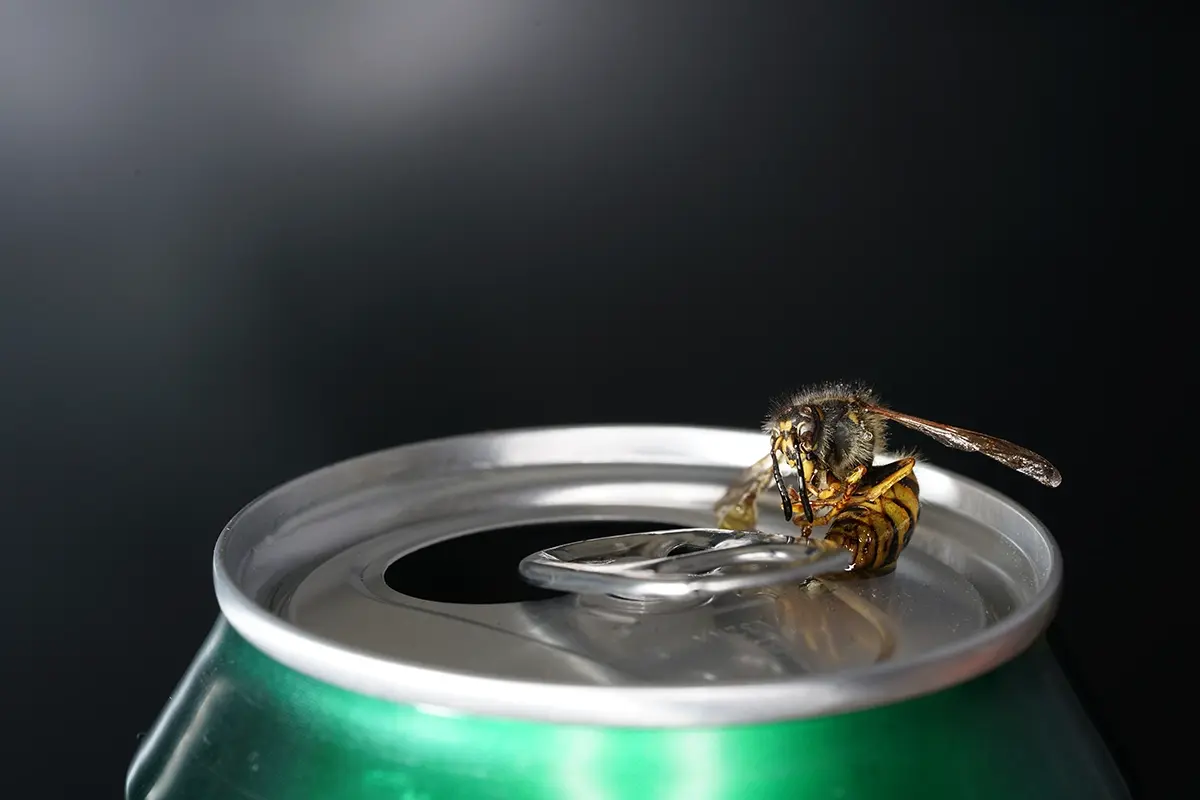
A new study has revealed that ageing could be accelerated by a deficiency of taurine, a molecule found in protein-rich foods like meat and fish. The research, conducted by an international team, discovered that taurine supplements could slow down the ageing process in both mice and monkeys, increasing the healthy lifespans of middle-aged mice by up to 12%. This groundbreaking discovery, published in the journal Science, highlights the potential of taurine as a key factor in promoting longevity and health.
Led by Vijay Yadav, assistant professor of genetics and development at Columbia University Vagelos College of Physicians and Surgeons, the study makes a compelling case for further research, particularly human trials. “Human society is ageing,” said Prof. Yadav, adding that for decades, scientists have sought factors that not only extend life but also improve health in old age. “This study suggests that taurine could be an elixir of life within us that helps us live longer and healthier lives.”
Taurine is an amino acid found in foods like meat, fish, and eggs, and it plays a critical role in immune health, nervous system function, and energy production. Some energy drinks also contain taurine, as it is believed to enhance mental and athletic performance. Chinese scientists create ‘vampire’ method to extend the lifespan of older mice using young blood, adding another dimension to the research into longevity.
Previous studies have linked taurine deficiency with ageing, but it wasn’t clear whether it actively contributes to the ageing process or is just a byproduct. For their research, the team measured taurine levels in blood samples from mice, monkeys, and humans across different ages. They tested 250 middle-aged mice—roughly equivalent to 45 years old in humans—by giving half of them taurine supplements and the other half a control solution. The results were striking, showing a 12% increase in lifespan for female mice and 10% for males, translating to three to four extra months in mice, which equates to seven or eight years in humans.
The team also observed improvements in the rodents’ strength, coordination, and cognitive functions, with taurine doses of 500 to 1000 milligrams per kilogram of body weight. “Not only did we find that the animals lived longer, we also found that they’re living healthier lives,” said Prof. Yadav. In another fascinating aspect of anti-ageing research, Chinese scientists create ‘vampire’ method to extend the lifespan of older mice using young blood, offering a new perspective on how to combat ageing.
To further explore taurine’s effects, the team administered supplements to middle-aged monkeys and observed improvements in their immune systems, bone density, and overall metabolic health after six months. They then analyzed data from a European study of 12,000 adults aged 60 and above, finding that individuals with higher taurine levels were healthier, with fewer cases of type 2 diabetes, less obesity, and reduced inflammation. “These are associations, which do not establish causation,” cautioned Prof. Yadav, “but the results are consistent with the possibility that taurine deficiency contributes to human ageing.”
In a final part of the study, the researchers assessed taurine levels in athletes and sedentary people before and after a strenuous cycling workout. They found a significant increase in taurine levels post-exercise for all participants, suggesting that some of the health benefits of physical activity may be linked to an increase in taurine. Chinese scientists create ‘vampire’ method to extend the lifespan of older mice using young blood further indicates how complex factors contribute to ageing.
Based on these findings, the researchers recommend that taurine be included in human anti-ageing clinical trials, alongside other drugs like metformin and rapamycin. “Taurine abundance goes down with age,” explained Prof. Yadav, “so restoring taurine to a youthful level in old age may be a promising anti-ageing strategy.”

